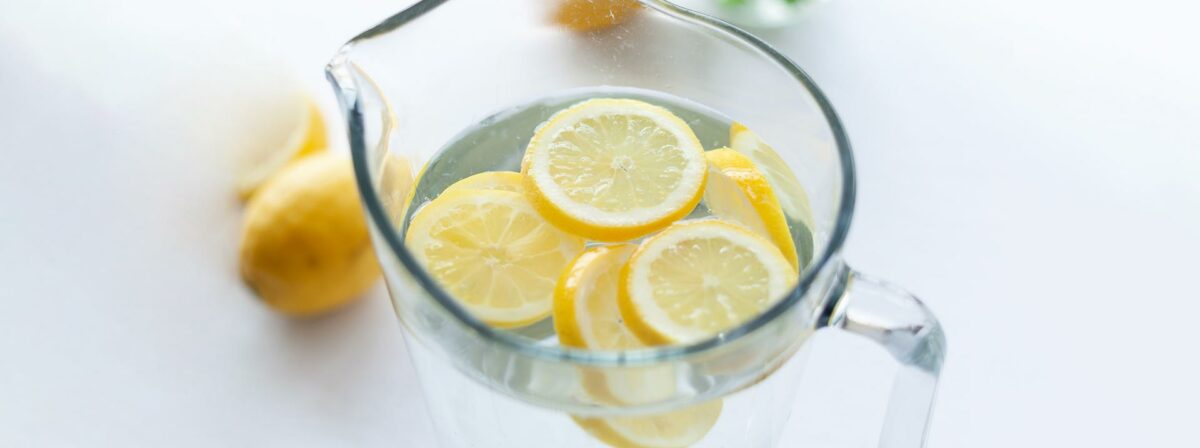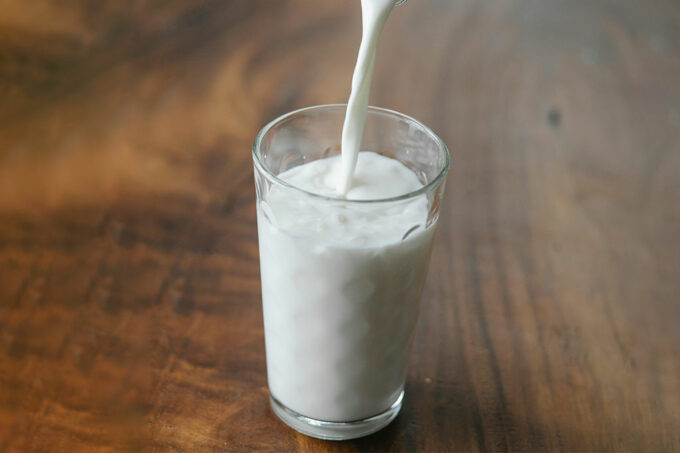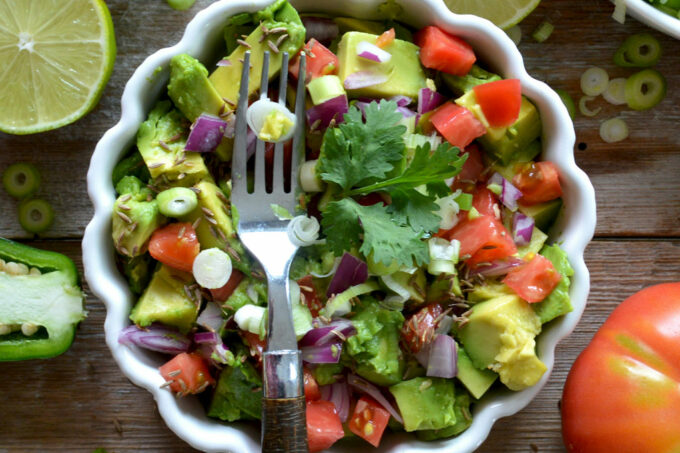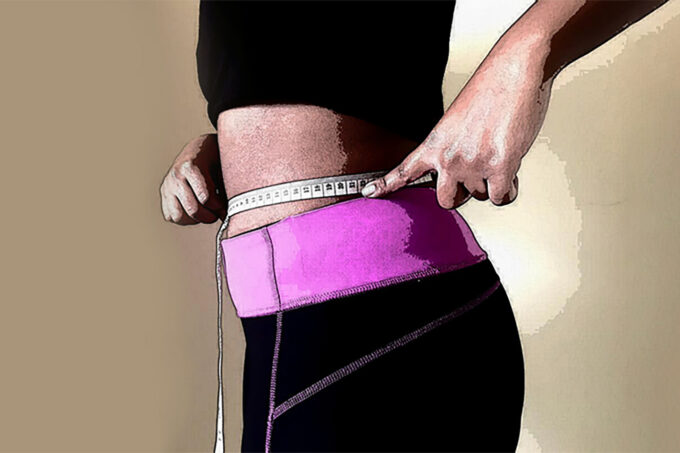As nutritionists in our context of a low income country with many public health nutrition problems we do not put a lot of emphasis, if any at all, on water. Yet our bodies are about 60% water! Plasma, the fluid part of blood, is 92% water. This makes it hard to distinguish between the functions of water and the functions of blood:
- Transporting nutrients in the body
- Regulating body temperature
- Transporting hormones and other substances that are important for maintaining the internal environment of the body
- Transporting wastes to the kidney where they will be excreted.
- Getting rid of wastes through urine – a vital role of water
- Digestion, absorption and metabolism of nutrients
- Maintenance of fluid balance and blood pressure
Water is therefore a very important part of a healthy lifestyle. Fortunately, the body has a very tight system for regulating water balance through the kidneys. Also, when your body is low on water, the thirst mechanism is stimulated. However, keeping well hydrated, without waiting for thirst to kick in, has several benefits:
- It keeps you feeling energised and helps prevent fatigue. If you feel unusually exhausted, it is one of the first things to consider – are you well-hydrated?
- It energises exercise – workouts, jogging, running etc (and much better than coffee does!). If you feel exhausted in the middle of your exercise session, reflect on whether you were well-hydrated before you started the workout
- It removes toxins – they need enough water to dissolve, in order to be excreted in urine
- It helps maintain the digestive system and keeps your bowel movements regular, preventing constipation
- Many times headaches are due to dehydration; it helps prevent them. Quite often drinking water can cure a headache
- It clears the skin and also helps maintain its tone; dehydration makes the skin look dryer and more wrinkled
- Water is important for muscles (~75% water) and for lubrication of the joints so being well-hydrated may prevent joint pain and improve performance of the muscles
- Water is a zero-calorie beverage so if it replaces the sugar-sweetened beverages it can help with weight loss. Also, it fills the stomach; water taken just before meals can help prevent excess consumption and thus promote weight loss
Here are some tips to keep yourself hydrated:
- Begin each day, every day, with a glass or two of water – room temperature, or warm, as soon as you wake up. You could add a squeeze of lemon. We lose water through sweat during the night, consciously or unconsciously; this water needs to be replaced.
- Get in the habit of keeping a water bottle at hand at all times – at your desk, in your car when you are travelling, etc.
- Drink a glass of water 30 minutes before eating any big meal. (This will help control appetite, too.)
- Choose water instead of sugar-sweetened beverages (SSBs)and/or alcohol as often as you can
- It isn’t pure water only that will keep us well-hydrated; most beverages, except alcoholic ones, will do. The 1-2 cups of tea at breakfast contribute to your overall water intake. Iced tea flavoured with lemon, ginger or cinnamon (or with tea masala), is a refreshing beverage. Herbal teas can also be chilled. Fruits (think water melon and pineapple) and vegetables have a lot of water so eating more of them increases your intake of water. If you find it hard to drink plain water all day, try fruit- or herb- infused water. Put a few slices of your favourite fruit or herb in your bottle of water; the flavour will make the water easier to drink. Experiment with various fruits, vegetables (eg cucumber) and herbs (eg mint). You can let the water infuse in the fridge overnight.
- Check the colour of your urine every so often. Pale yellow (or lighter) urine indicates you are well hydrated. You will also urinate more frequently, which can be annoying, but it means you are flushing out more toxins. Darker yellow to amber indicates that you are dehydrated. (Urine should also be clear, as in, not cloudy)
Rhona Kezabu Baingana is a nutrition scientist with the Department of Biochemistry and Sports Science, Makerere University, Uganda, with over 20 years’ experience in nutrition. She was a founding member of Uganda Action for Nutrition which transformed into the Nutrition Society of Uganda. Rhona holds a PhD (Makerere University), MSc (King’s College London), and BSc (Southampton University). Rhona is passionate about nutrition and is keen to use her knowledge and experience to support Ugandans eat healthy as part of a healthy lifestyle.




